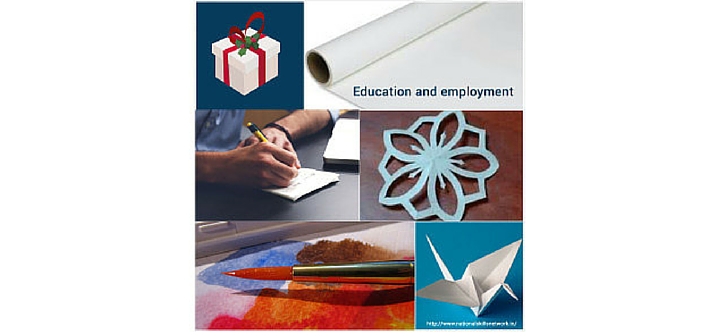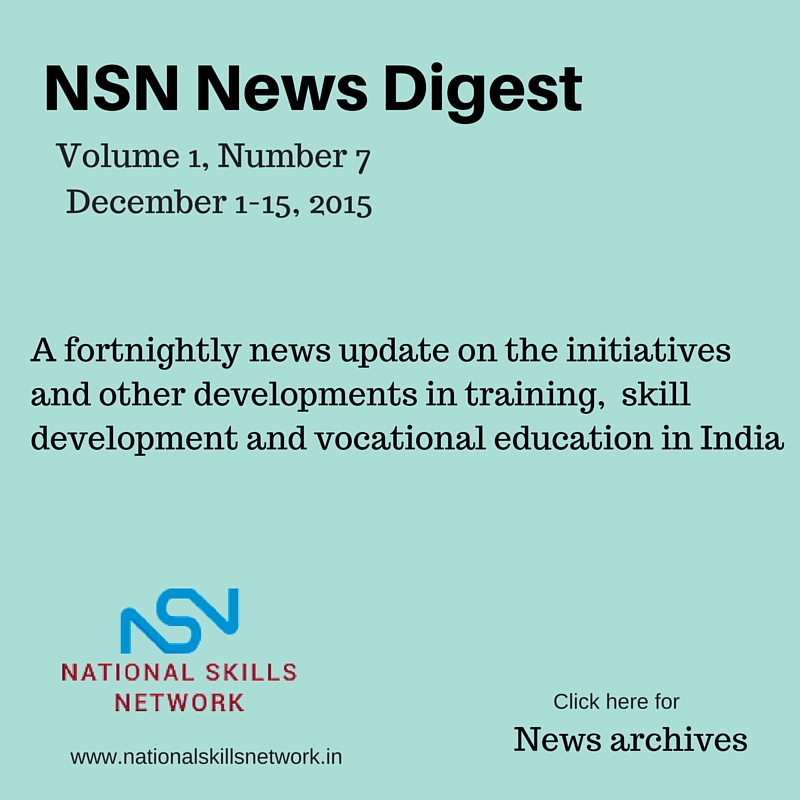How about some quick thinking: who is responsible for your job and career? How do we link jobs – careers – education – employment – employability?
Let’s look at an example: if you were given a sheet of blank paper what would you do? Probably, take a pen and start writing or if you give the same sheet of paper to somebody else, he or she would start drawing and painting. Or, someone could fold into a paper plane or a boat or flower or some other artistic craft like paper cutting. Or, someone who doesn’t know what to do might keep thinking… or save it for future use. Or, somebody would make use of it to cover and pack something, or it could be cut into small pieces and used…well, the list can go on! Remember, it is the same sheet of blank paper!
Now think of this paper as the formal education and certification and link it up with employment.
In the example, the use of paper was dependent on the formal acquisition knowledge and skills – how we apply them to do things, to work, to perform and to learn and to earn. Now let’s this to our employability quotient.

Most of us have grown up as job seekers after completing our formal education manifested in the form of certificates, degrees and diplomas. We see formal education as completion of a phase in life and working and earning as the next phase. However, the truth is – a degree can get us employed but it will not keep us there forever. Here are 5 ways in which you can expand your professional horizons by learning, earning and growing.
Assess yourself: Look back at your knowledge and skills, achievements, look at what you are doing in your current job and assess if you are in the right place and doing things that will take you up the career path. Or, do you wish to move out and do something else. If yes, prepare a plan, consult experts and take action for alternative jobs or self employment or entrepreneurship.
Try new things: A job gives us an opportunity to work and a platform to meet people and network. How about trying your hands at things that might interest you and add them to the wish list of your skills. Then you can learn these skills informally and add them to get a better job in your next move. Hybrid professionals are in great demand as the jobs evolve and become more and more multiskilled.
Be flexible and open to change: Most important, it may be difficult to let go of the subject matter expertise and experience acquired over the years. Learn latest technologies, get digital and mobile. If a job demands new learning that is not in your comfort zone, just plunge into it. There’s nothing like it if your present employer is giving this chance to learn and experiment. It definitely enriches our lateral professional growth and sustainability.
Think beyond designations: Vertical growth is quite an obsession with most of us, of course, it connects to better compensation/perks but it should not become a constraint to learn and grow. It’s better to stick on to the same job role if it helps you learn for long term employability, rather than quickly climbing up with fancy designations that leave you confused and clueless about long term prospects.
Go that extra mile: Yes, most jobs are quite demanding, take away all our time, affect work-life balance and get monotonous. It becomes almost impossible to think beyond the routine, but what is not taken away by the job is our ability to think, reflect and break the glass walls and ceilings. If this is done as a conscious exercise, it could lead to better job satisfaction and quality time with your family and making yourself more valuable.
So, let me ask the same question again: Who is responsible for my employment and employability. My answer: It’s me. What’s your answer? Going back to the paper example, hope it will not be used to write our next job application ☺ and well it’s a totally different thing that we mostly apply online!













